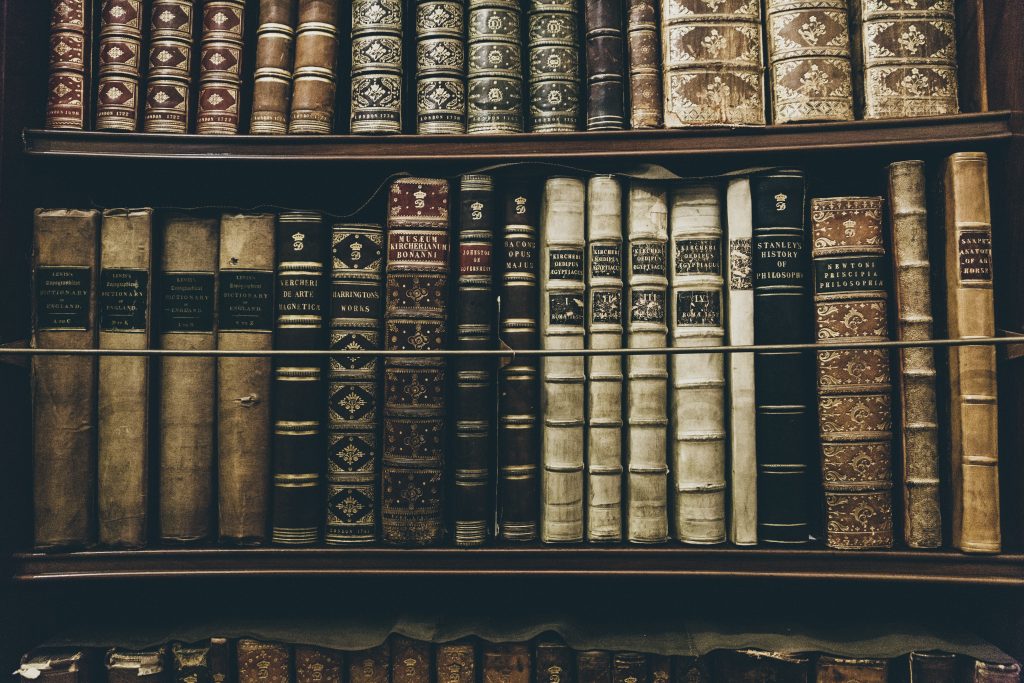
Book Genres and How to Use Them
A crucial concept to learn as a new writer is that no writing rule or advice is universal. Just because that technique or strategy works for Stephen King doesn’t mean that it will work for you, even if you’re writing a very similar story. Filling your writer’s toolbox then becomes a matter of trying something out and seeing if it works. You keep the ones that do, ditch the ones that don’t, and so on. This idea is essential when we talk about genres as frameworks to build stories.
Genres by themselves are nothing more than a way to categorize stories and market them for readers. If you’re looking for a book about characters falling in love, then you head over to the Romance section. But if you’re instead looking for something to make you afraid of the dark again, you’re better off in the Horror section. While they are by no means hard and fast categories, they are helpful in guiding people to the stories they like. Genres are signposts that indicate to the prospective reader a few, general things that they can expect in the stories found there.
Now, the goal of today’s post isn’t to list everything that you can expect from each individual genre, though I may try to give it a go one day. No, instead, today will be discussing how you as a writer can use genres to better plot your own stories. Of course, keep in mind that this is just how I see genres and use them, and your mileage may vary with this perspective.
Genres of Genres
First thing to know is that there are different types of genres, because not all genres refer to the same elements of a story. For example, let’s compare the Science Fiction genre with that of Romance.
Britannica’s definition of the Sci-Fi genre calls it “a form of fiction that deals principally with the impact of actual or imagined science upon society or individuals.”1 That means you can expect technology to take some role in the story, be it as just a part of the worldbuilding or a key role in the plot. But outside of that one incredibly broad characteristic, the whole story can be different. After all, both Star Trek and the Expanse series are in the Sci-Fi genre, despite being drastically different.
On the other hand, the Romance genre is defined by the Romance Writers of America as a novel with a central love story and an emotionally satisfying and optimistic ending.2 This particular definition is probably stricter than others, but the point still stands that the Romance genre is defined more than anything by its plot. Now, most Romance novels take place in the real world, but notice that this definition doesn’t specify the setting at all. The story could take place anywhere, really, so long as its focus is the relationship between two people.
So, from just these two genres, we see that different genres can refer to different aspects of the story. While Science Fiction relates to the worldbuilding/setting (mostly), Romance focuses on the plot. This means that the two genres aren’t incompatible, so long as the requirements of both are satisfied. Because of this, I like to think of genres as falling into several categories: Setting, Plot, and Audience. Your story may fall into one of each category but be placed in the store section that fits it the best.
Genres as Tools
So, what does this mean for you as a writer? Well, understanding genres can help you build your own story.
If you need any idea, you can start by looking at different genres and matching them up. Maybe you feel like writing Literary Fiction but in a Sci-Fi setting. Or you’d like to write a Fantasy Horror story. Combining genres that don’t normally go together can be a good way to get your brain thinking about new and interesting ideas.
If you’re having issues while writing a story, you can refer to other stories in its genre to see what’s missing. Maybe other stories focus more on the characters than yours does, and you might want to try that. Comparing your story to others of the same genre means that you can see what made similar stories work.
I’ve used these techniques before to come up with some fun ideas (at least to me, haha). My first book is a Pirate story in a Fantasy setting because I thought that that match up was interesting and not something I had seen before. Give a shot for yourself, and maybe you’ll come up with an idea that really gets your writer brain going!
Conclusion
But, as we discussed in the beginning, this technique may not be suited to you, and so you are more welcome to not use it. If this concept gets in the way of telling your story in the way you want to, then avoid it. I personally find guidelines from other stories helpful, but other people might find that idea too restrictive. Either way, the goal is to write, and if you’re doing that, then you’re one the right track!
Thanks for reading!
References
1. https://www.britannica.com/art/science-fiction
2. https://www.rwa.org/Online/Romance_Genre/About_Romance_Genre.aspx
